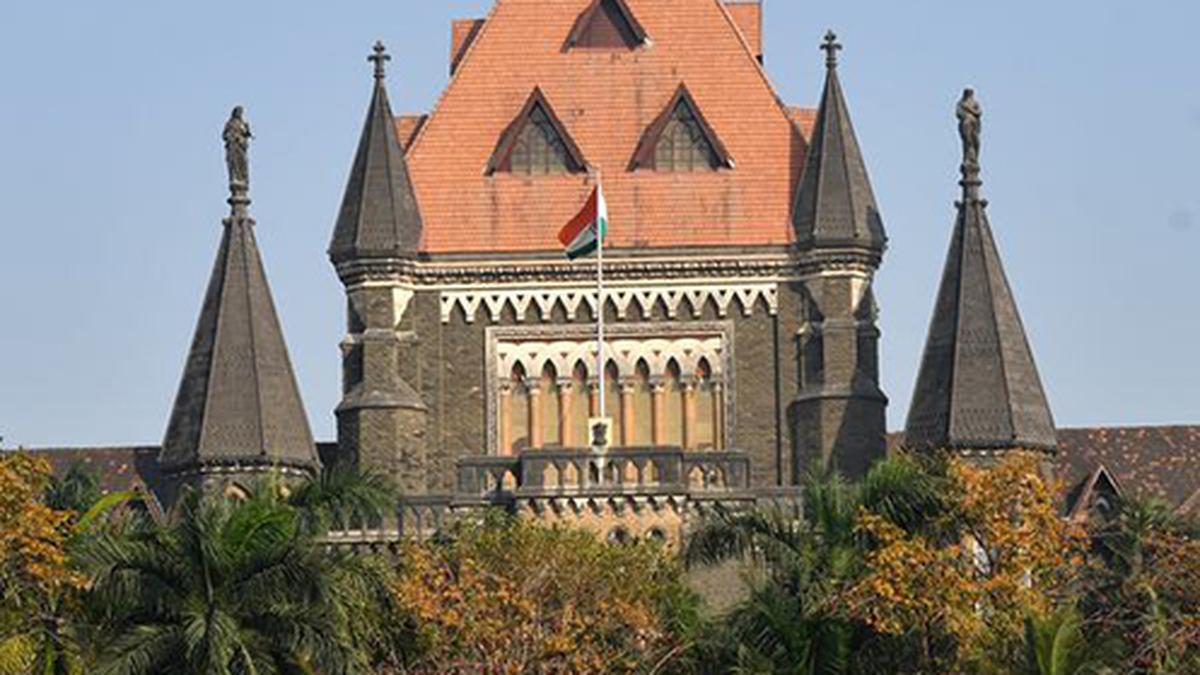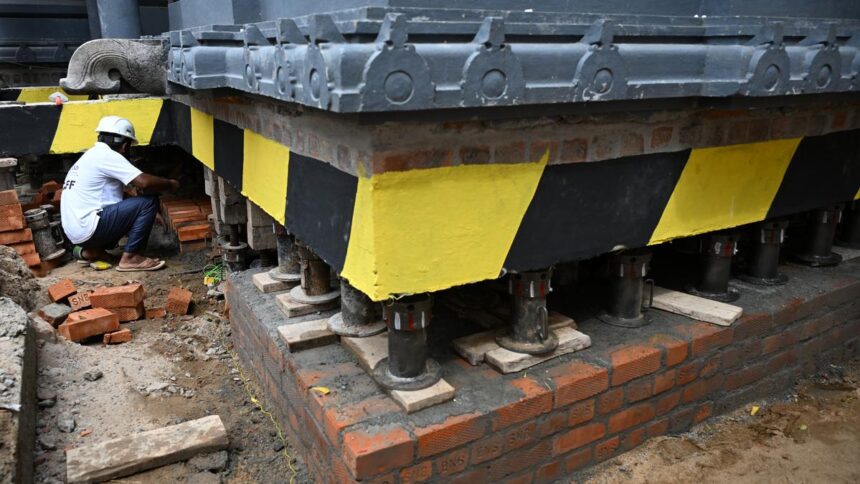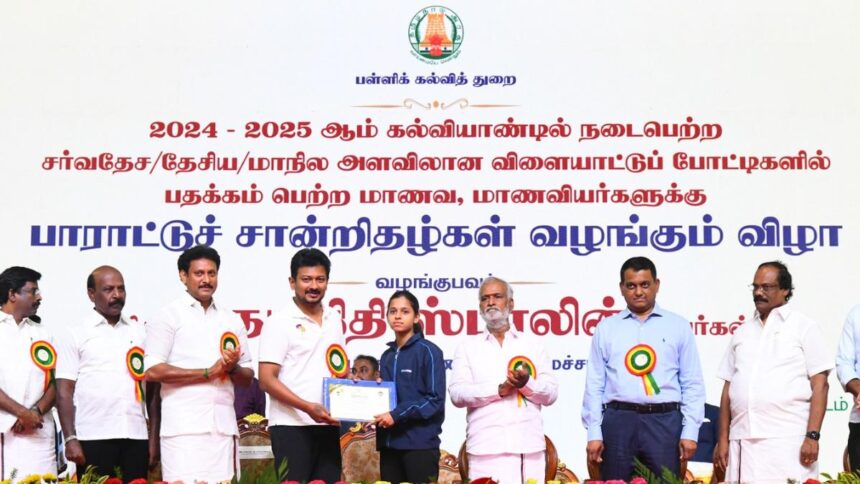
The High Court Bench upheld Naresh Ganpat Mhaske’s defence, agreeing that under Section 33A(1)(ii) of the Representation of People Act, candidates are required to declare only those convictions where the punishment includes imprisonment of at least one year. File
| Photo Credit: The Hindu
The Bombay High Court on Tuesday (September 9, 2025) dismissed Shiv Sena (UBT) leader Rajan Vichare’s election petition challenging the 2024 Lok Sabha victory of Naresh Ganpat Mhaske, the Thane MP from the Eknath Shinde-led Shiv Sena faction.
A Single-judge Bench of Justice R.I. Chagla held that Mr. Vichare’s plea “fails to disclose a cause of action” and suffers from an “incurable defect,” thereby rejecting the petition at the threshold.
Rajan Vichare alleged that Mr. Mhaske, in his election affidavit (Form 26), failed to disclose his conviction in a 2016 criminal case under Sections 147, 143, 323, and 506 read with Section 149 of the IPC. He further claimed that this suppression amounted to a false declaration, making Mr. Mhaske’s election “liable to be set aside” under the Representation of People Act, 1951.
However, Mr. Mhaske contended that disclosure was mandated only when a conviction resulted in imprisonment of one year or more. Senior advocate Vikram Nankani for him, argued that Mr. Mhaske had been released on probation under the Probation of Offenders Act, 1958 and had not undergone any sentence, thus no disclosure was necessary.
The Bench upheld Mr. Mhaske’s defence, agreeing that under Section 33A(1)(ii) of the Representation of People Act, candidates are required to declare only those convictions where the punishment includes imprisonment of at least one year.
Justice Chagla observed, “The petitioner has failed to demonstrate any violation of law warranting the setting aside of the election. Where no imprisonment has been imposed, there exists no obligation to disclose the conviction under Form 26.”
The court also relied on the Supreme Court’s interpretations in the PUCL and ADR judgments, which clarified the scope of mandatory disclosures in election affidavits.
Senior advocate Darius Khambata, appearing for Mr. Vichare, argued that the amended Form 26, as revised on October 10, 2018, required candidates to disclose all past convictions, regardless of the sentence awarded. He further contended that Mr. Mhaske’s suppression of information amounted to a “corrupt practice” under Section 123(2) of the Act and violated voters’ right to information.
However, the court disagreed, holding that the statutory provisions under the Representation of People Act override the broader affidavit format. The court said, “The form cannot extend beyond the parent statute. Entry 6 of Form 26 must be read harmoniously with Section 33A(1)(ii), which confines disclosure to convictions involving imprisonment of one year or more.”
With this ruling, Naresh Mhaske’s victory from the Thane parliamentary constituency stands validated and the court also dismissed the allegation of “corrupt practice” as “unsubstantiated”, observing that the petition lacked the “material facts” necessary to proceed to trial.
“The election petition fails to disclose any cause of action. The defects are incurable, and the petition is rejected under Order VII Rule 11 of the CPC,” the order read.
Published – September 10, 2025 01:59 am IST






















